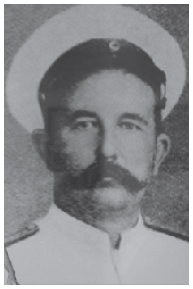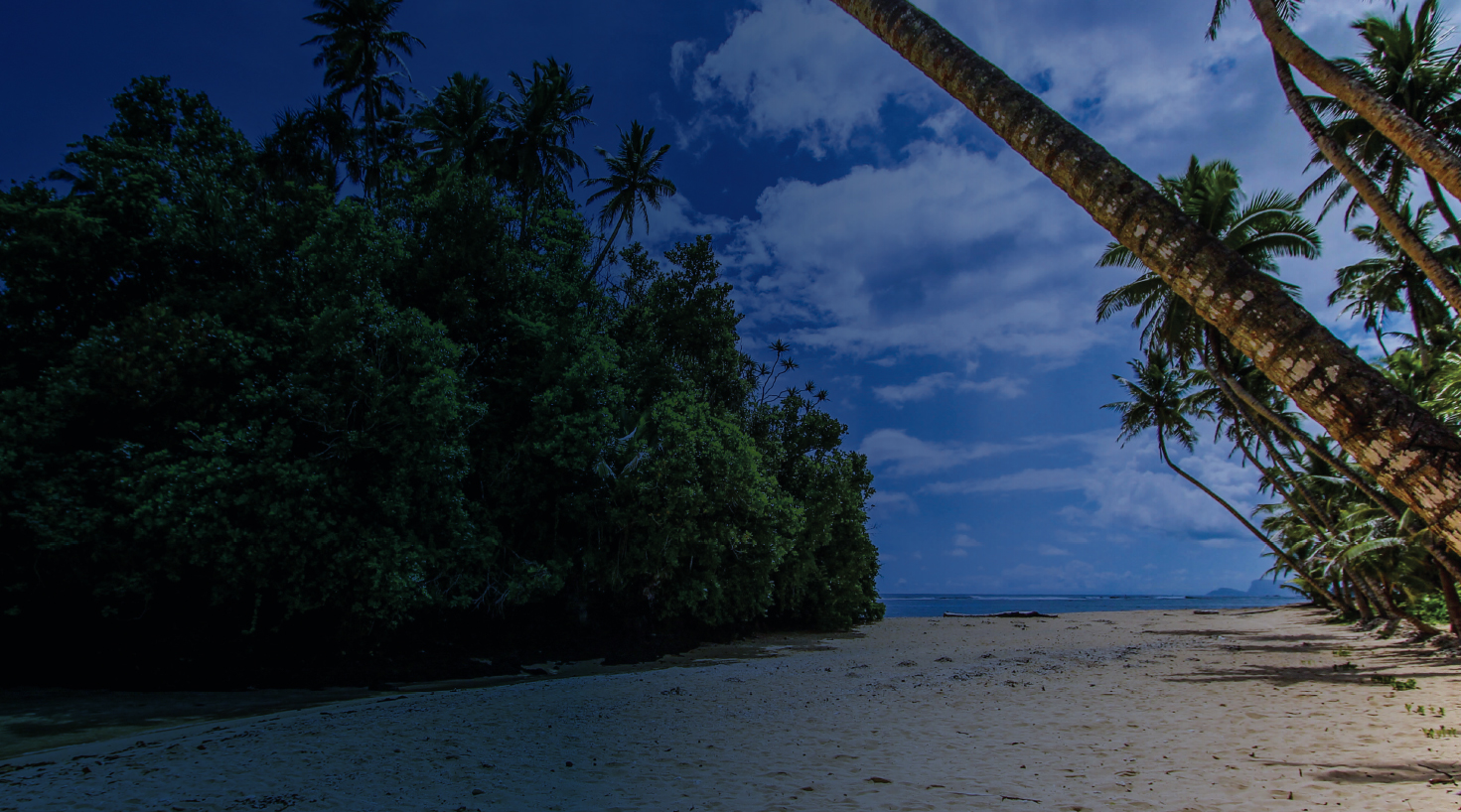THE NAME
Fehmarn is a small island located in the Baltic Sea separated from mainland Germany, off Schleswig Holstein, by the short span of Fehmarn straits. Its relevance to the family operated hotel on the other side of the world on the South Pacific island of Upolu, Samoa, is the inevitable question posed by guests and visitors to the hotel. Fehmarn is the part of the remarkable story of a 12 year old boy found in the accounts of an early German writer, Heinz Kiecke. In his book - The Baltic sea flood 1872 - (Westholsteinische Verlagsanstalt Boyens & Co Heide, Holstein 1872) Kiecke relates that the boy's family lived on Fehmarn Island where his father, a pilot, worked the ferry cross the straits between the island and mainland.
On the night of November 13, 1872, a devastating storm arose. It buffeted the island with violent winds and walls of water from the raging sea. In the afternoon of the storm the young boy had lost his father, mother and young brother, George, after their family home had collapsed under the relentless battering from the high waves. The roof of the house remained in one piece and drifted out into the open Baltic Sea.The young boy, who had apparently sought refuge in the attic from the rising waters, had managed to climb to one of the roof beams and hung on for dear life. As he drifted away, he pushed away some of the roof tiles enabling him to sit upright on one of the roof beams and keep a lookout. Fortunately, he was somewhat protected by the roof from the sea spray and thereby survived the cold wet and windy night. He drifted passed the Strukkamper Lighthouse and finally lost sight of the coast.The next morning he passed the Bay of Kiel and he claimed to have seen the white lighthouse situated on the Danish island of Langeland. On the following day he was sighted by the crew of the Frenchbrig - Locquirec - and after having been adrift in the raging sea for more than 27 hours he was rescued and eventually brought ashore at Kiel. For their brave rescue efforts, the master and crew of the French brig were given citations by the Kaiser. As for the young boy, he was later reunited with his surviving sister and brother, Christina and Hans.
His heroic but tragic story attracted such widespread newspaper coverage and public interest that the Prussian Government sponsored the orphan for some years after. Eventually in the maritime tradition of the family, the young boy became a navigator and then a Captain, pursuing his fortune on the high seas until one day in the year 1885 he landed in Samoa. There he settled and married Luse, a Samoan girl and daughter of Viliamu Purcell of Malaela, Aleipata, and raised a family until his death in 1929. The 12 year old boy who survived the Baltic Sea flood of 1872 was the grandfather of Fritz J. Kruse II, the proprietor of the hotel.
Fritz J Kruse II married Peleiupu Mika of American Samoa and together they raised 11 children.















